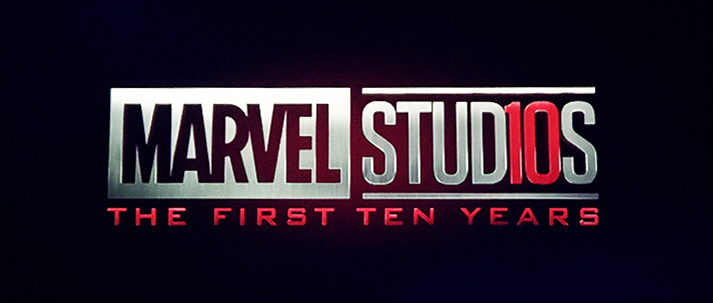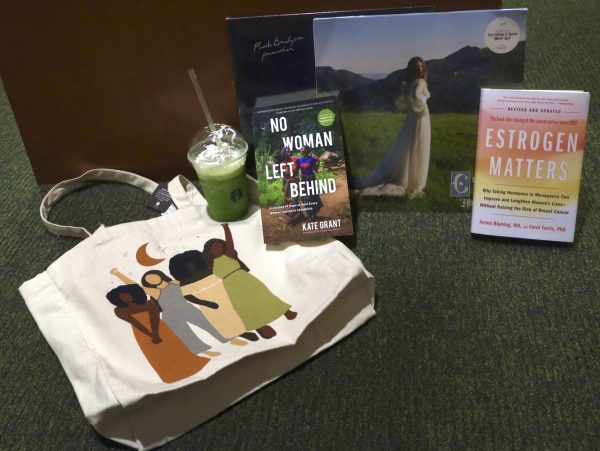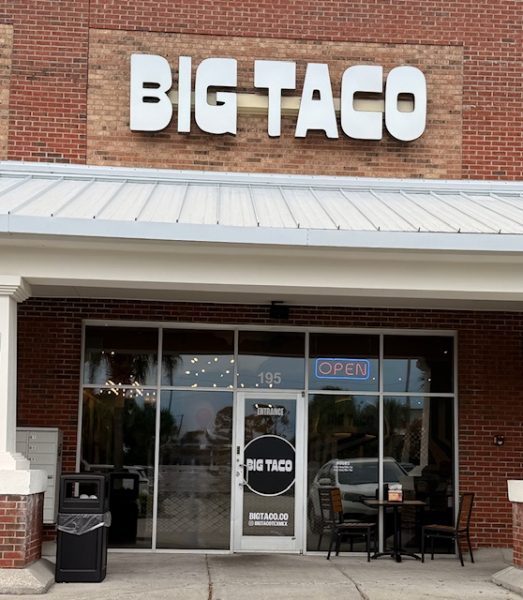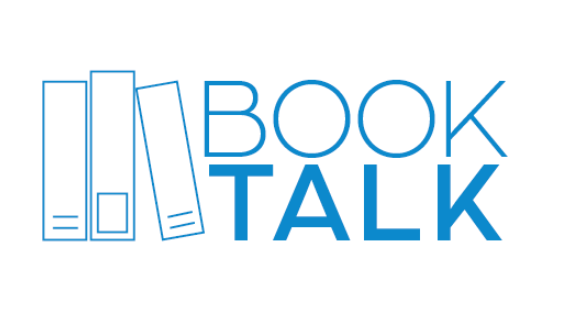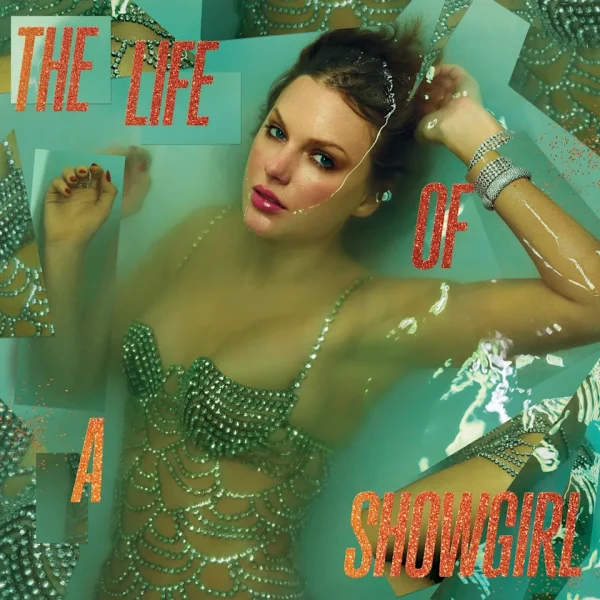Comic Critic: A Marvel-ous retrospective
photo by Marvel Cinematic Universe Wiki
May 2, 2018, marked the tenth anniversary of the Marvel Studios’ first film, Iron Man.
Ten years.
Let that sink in for a second.
Ten years ago, Robert Downey Jr. first graced the silver screen as Tony Stark. One decade ago, Nick Fury (Samuel L. Jackson) said those fateful words that announced the arrival of a pop culture phenomenon.
“You have become part of a bigger universe. You just don’t know it yet.”
Ten years ago, the Marvel Cinematic Universe began.
The rise of Marvel Studios is something of an oddity in the history of Hollywood. Unlike DC, Marvel did not have the film rights to their most iconic characters, having sold them off to other studios to avoid going under. Yet they managed to succeed anyway, taking B-List characters like Iron Man, Captain America and Thor, and even C-List characters like the Guardians of the Galaxy, and turning them into household names.
This is in no small part because of the franchise’s emphasis on interconnectivity. Audiences, at least when it comes to superhero films, flock toward movies or characters that feel larger than life. The first wildly praised comic book film, Superman: The Movie managed to accomplish this by being the first of its kind. Superman as a larger than life character, but it’s only one character from a movie that is turning forty this December. Sure, superhero films still managed to captivate audiences via excellent character work, such as with the X-Men series, the Dark Knight trilogy, and Sam Raimi’s Spider-Man trilogy, but nothing could compare to an entire world of heroes and villains.
Marvel’s process would be a long and risky one, with obstacles like creative disputes and rights negotiations with other studios, but it ended up paying off in a spectacular way. “It’s all connected” is the one phrase every Marvel high-up says at least one time or another, and that came to a head in 2012 with The Avengers. This was the MCU’s make or break moment. The Avengers was not just a film; it was an event. It was the epitome of the ensemble; taking characters from five different films and bringing them together in one interwoven story. It was a massive undertaking, but one made it over a billion dollars and became the third highest grossing film of all time.
The groundbreaking success of The Avengers kick started not only a surge in superhero popularity, (the MCU’s next film, Iron Man 3, also grossed over a billion dollars), but also a new Hollywood trend, The Shared Universe. Immediately, other studios began to react, hoping to cash in on the gold mine the MCU struck. From this reaction, audiences finally got to see a Wonder Woman movie, Batman meet Superman on the big screen, a Star Wars prequel that was actually good in Rogue One, and brand new incarnations of Godzilla and King Kong.
As the franchise continued to deal out hit after hit, it eventually surpassed Harry Potter as the highest grossing film franchise of all-time. Winter Soldier, Civil War, Thor: Ragnarok, the Guardians of the Galaxy films and were all amazing films on their own, having been allowed to branch off and to be successful solo film first.
Now, after 10 years and 19 films, the MCU is finally reaching its endgame with Infinity War. Every film, every scene, since 2008 has led to this, from Tony Stark’s epic introduction of the Jericho missile in Iron Man to the first glimpse of Bucky Barnes (Sebastian Stan) since Civil War in the post credits scene of Black Panther, everything comes to a head here.
Infinity War brought nearly the entire Marvel Cinematic Universe together in one film. This movie showed Tony Stark (Robert Downey Jr.) interacting with Dr. Strange (Benedict Cumberbatch), Thor (Chris Hemsworth) meeting the Guardians of the Galaxy, and Spider-Man (Tom Holland) participating in pop culture banter with Star-Lord (Chris Pratt), are just the tip of the iceberg for what this movie provides. While it may be a nearly nonstop thrill ride that jumps from storyline to storyline, there’s a lot of fun to be had along the way.
Audiences went through a roller coaster of emotions, ranging from shock to near tears. Since this movie draws from every single MCU film over the last 10 years, audiences are more invested on the films characters on an emotional level, and whenever something happens to them, even if our cynical nature tells us they’re going to be okay, we still cannot help losing ourselves in the story, and that’s when Infinity War and the MCU are at their best.
From the start, Marvel managed to get where it is now by playing the long game. From selling their movie rights to other studios to dodge bankruptcy, to planning out films a decade in advance, to getting those movie rights back again – has all been leading to Infinity War and its sequel, the still untitled Avengers 4.
These two films are the end of the path that Stark started us on 10 years ago, and if Infinity War was any indication, it is going to be a modern cinematic marvel.
Your donation will support the student journalists of Hagerty High School. We are an ad-free publication, and your contribution helps us publish six issues of the BluePrint and cover our annual website hosting costs. Thank you so much!

